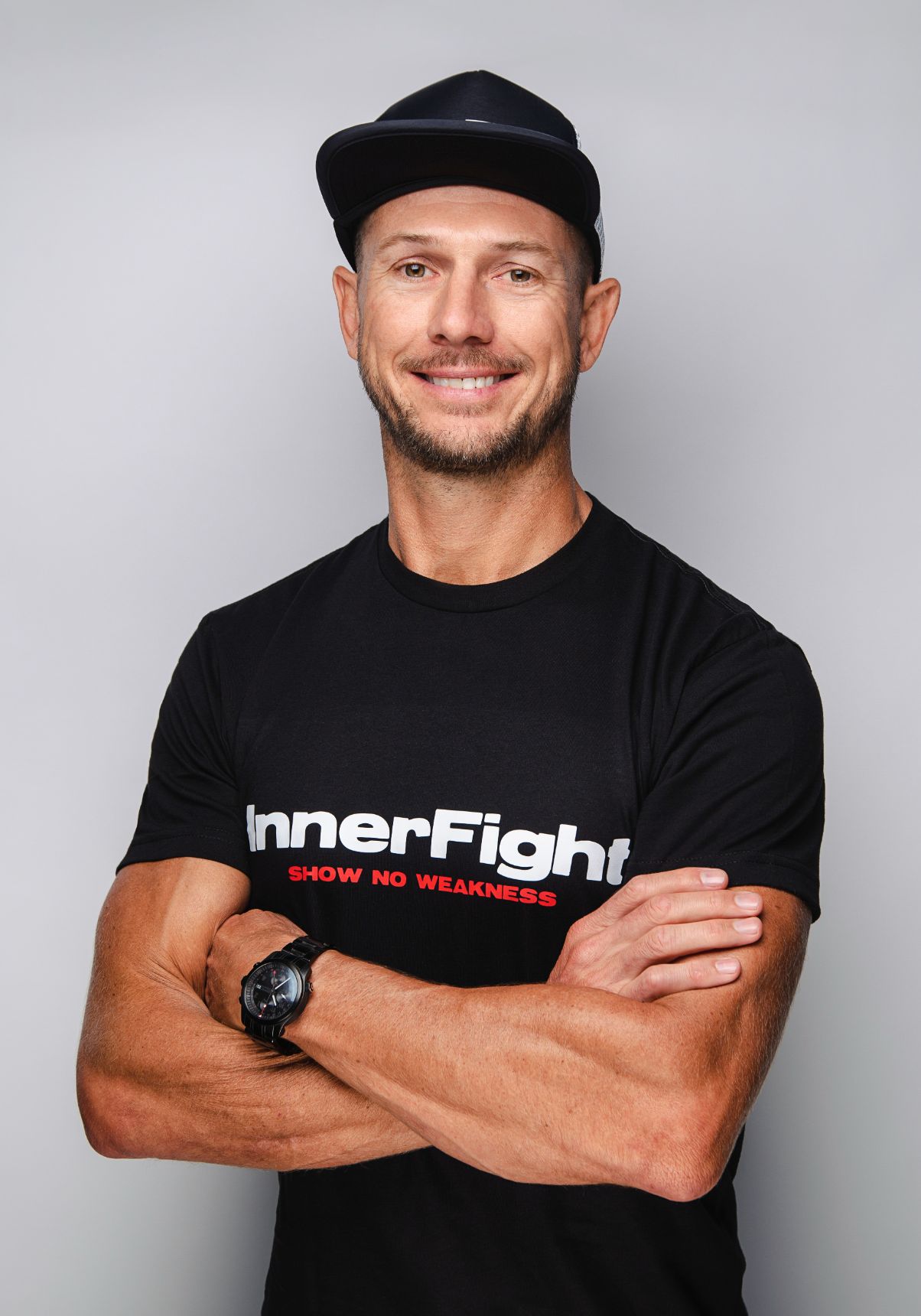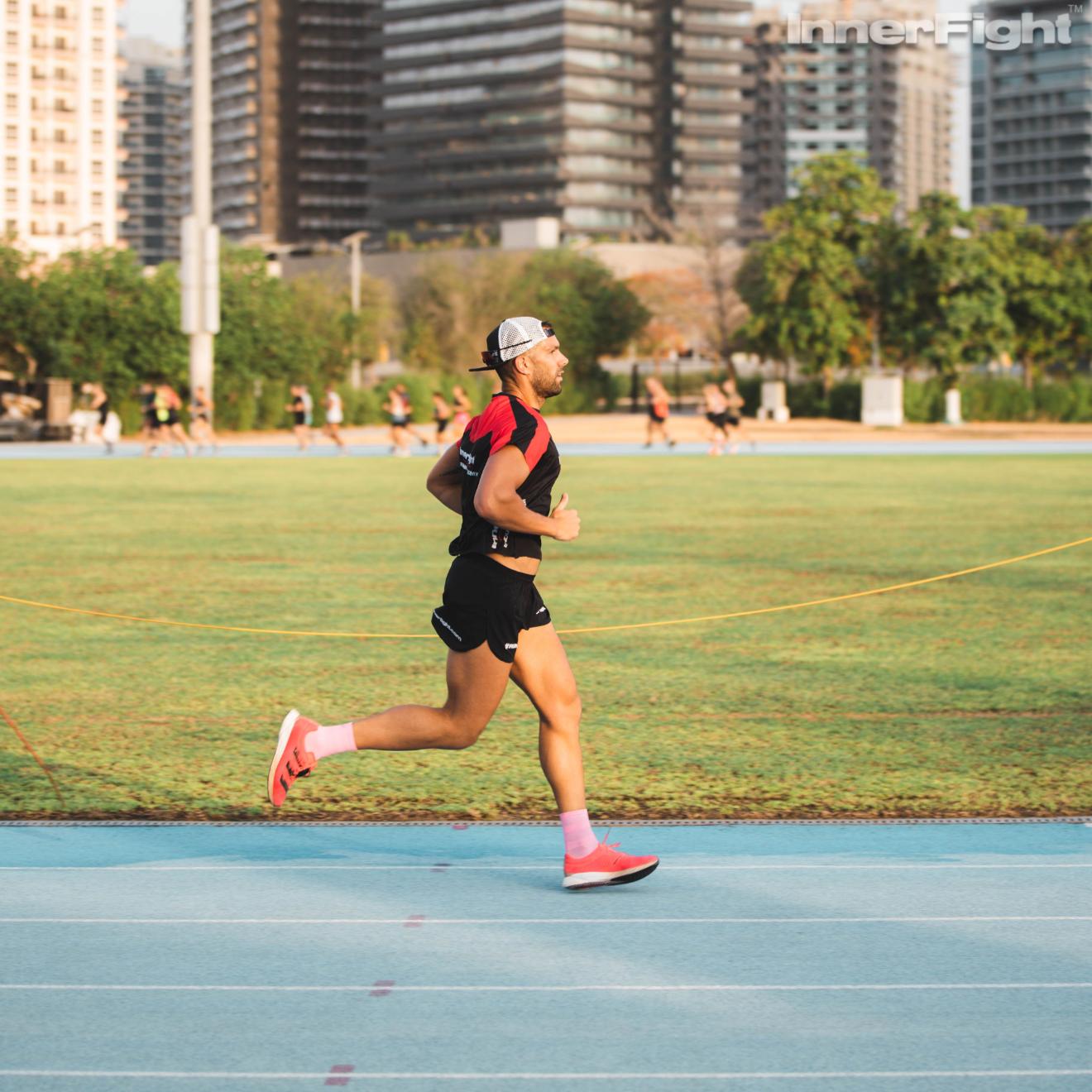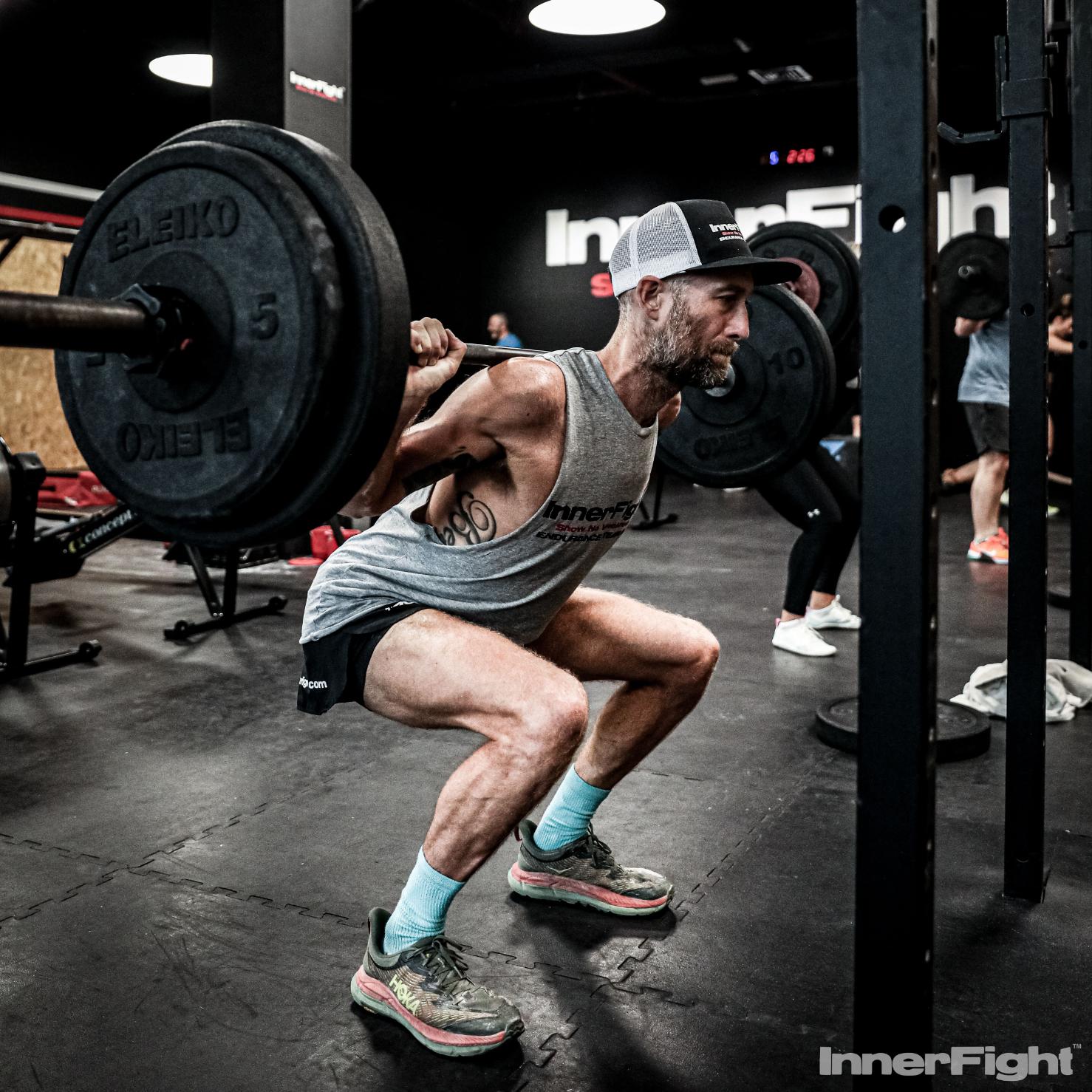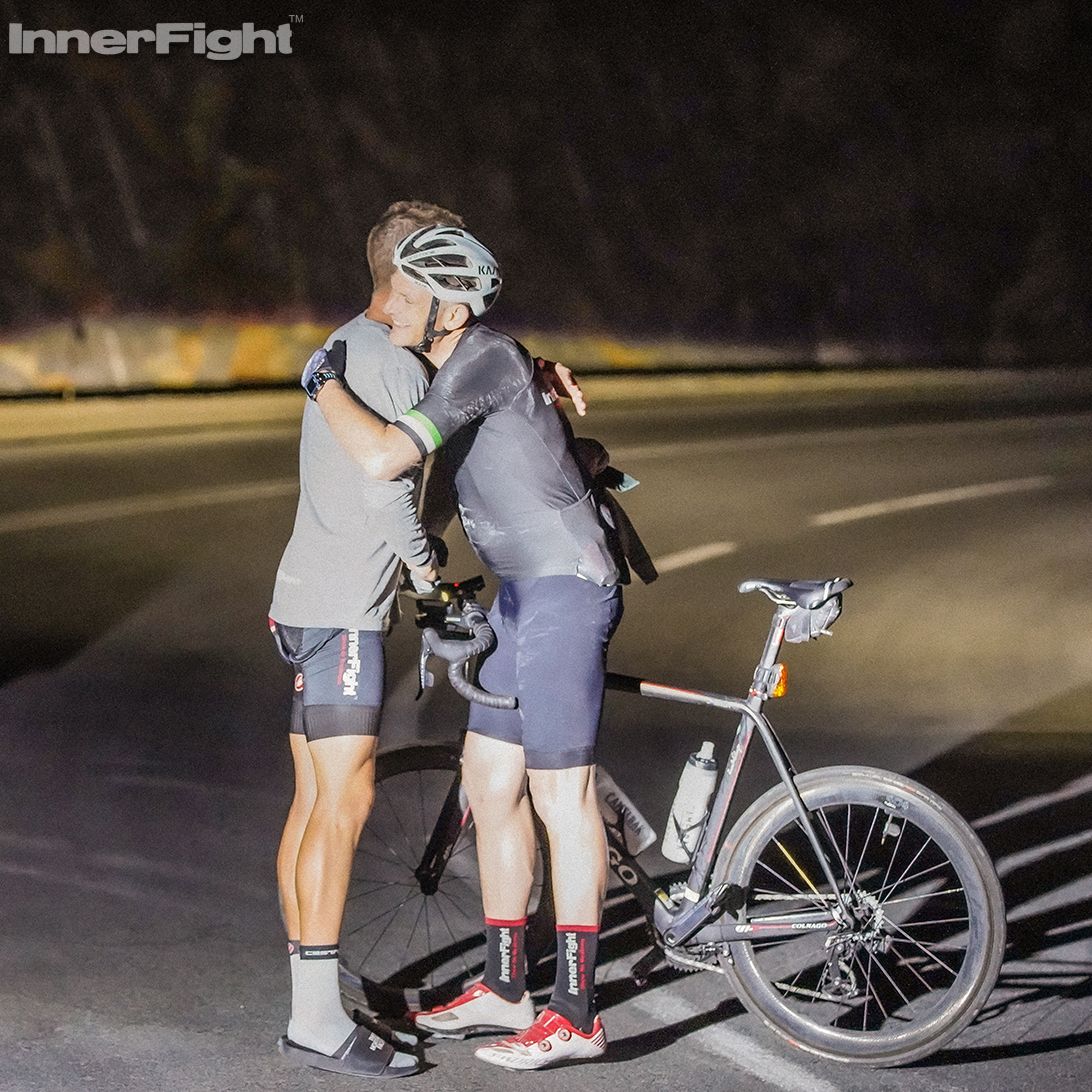Running Economy and Why It Matters
.avif)
What is it and why is it so important for endurance performance? When running as a teen, I would be told that I 'look really graceful' and 'make it look easy’. Nice enough as a compliment but then it got me thinking, does it matter? Does my running style, my form and skinny legs matter to my potential as an athlete? This question took me all the way to university, where I learned that the answer is quite simply, yes.
The concept of running economy is not a new one. Ever since we started seeing people who looked, weighed and trained the same, we've tried to find the single reason for their differences in performance. This has gained even more coverage since the emergence and dominance of East African runners. It is at the point now, that every 'Runners World' article seems to have a feature on ‘How to be a more economical runner’. But what is it, what affects it and what practical things can be done to improve it?
What is Running Economy?
Running Economy is the amount of oxygen used at a given sub maximal velocity, basically how much oxygen you use for a given pace.
It’s usually expressed as ml.kg-1.min-1. In other words millilitres of oxygen used per kilogram of mass per minute. You measure it by analysing the differences of oxygen between inhaled vs. exhaled gas whilst running at a steady submaximal state.
What determines Running Economy?
Think about the body as a machine, you’ve got your engine, pistons, fuel injectors, sequencing program and hundreds of other nuts, bolts and working parts. Every single one of these components has a level of economy, lots of energy is lost to things like heat, combustion and friction. If you add up the efficiency of all the individual you are left with the 'holy grail' for endurance running, an athletes running economy. In the image below you can see how complex the situation is.
At the top of this chart sits genetics, the 'born to run gene’. There are certain populations that, through evolution and environment, have more running friendly genetics. This doesn't mean you can't be an amazing runner, it just means that some people are predisposed to be good. However, we all know that to be excellent at something you need; hard work, individualised training and the will to succeed. This will get you significantly further than genetics alone. Make sure you maximise your potential.
What training and life factors effect running economy?
As you can see from the image below, various factors have been shown to positively effect running economy! The tricky part is determining what has the most effect and if the practical implications of these are well, practical. What can be added to everyday training, in terms of running type, strength or nutrition, to make an athlete run the same speed for less oxygen or cover a greater distance in less time?
What should I do?
See the summary above of interventions that can affect running economy. Don't suddenly make massive changes and try to do everything at once. Sit down with your coach and look at introducing small things into your current training. Doing these things consistently will give you and your coach a chance to monitor the effects these changes are having on you as a runner and then adjust accordingly.
1-Run Properly
Time efficiency is key here, we’re not trying to increase your training load too much but we also want to maximise the impact or get 'bang for your buck' from the intervention. This is why, here at Innerfight, we have the RunStrong program. It is a program that you manage yourself and will improve your motor skills, coordination, tendon stiffness, range of motion, recruitment and lots more. By carrying out the easy to follow sessions, you're not only making yourself less prone to injury but also improving the economy of your movement.
2-Run Faster, More Often
One of the sections the diagram above is Endurance training, which isn't surprising at all, but what type of endurance training? What intensity, time and type has the biggest impact on economy?
Recent research suggests that running more of your sessions at a faster (specifically tempo) pace is highly beneficial to running economy. Running mechanics and physiological demands change as you run faster. The activation of muscles has to be quicker, foot contact time is typically less and your aerobic system is more stressed at race pace therefore the adaptations that occur result in a more economic running motion. To help you develop this, our Track Tuesday and Thursday intervals will improve your running skill, and running economy.
I may not have mentioned this but running well is a skill and needs to be practiced in your everyday training, including your warm up drills. A massive misconception is that running is not a complex skill, trust me when I say it is! Just take a look at footage of Kipchoge vs. you on a treadmill and tell me otherwise.
When looking to make a change, keep in mind that everybody is different, it's true! There is evidence that strongly supports certain interventions but whether they'll work across the board is hard to say as we are all so unique. Appreciating that individuals respond and adapt to exercise in different ways is so important when deciding what to do and when do it.
My tip is simple: Implement: thoroughly, Analyse: consistently, Assess: regularly.
If you have any questions on what you can do to improve your running, feel free to email me at: rf@innerfight.com




.jpg)





.avif)


